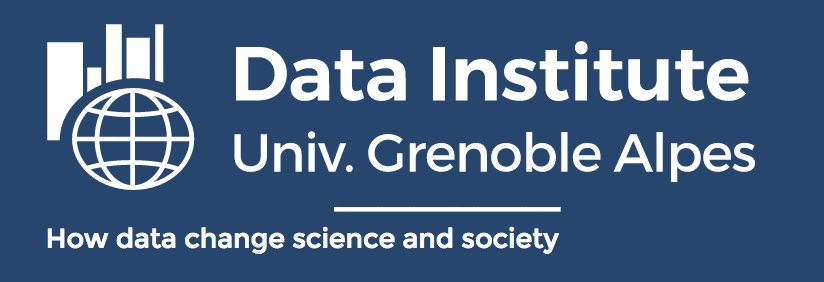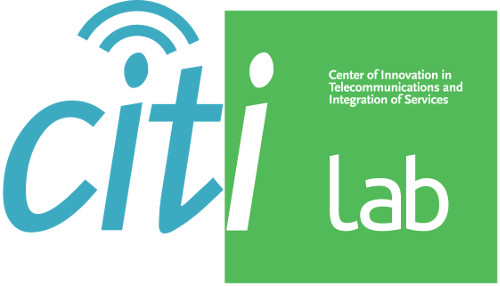FECFRAME
This sofware implements the FECFRAME IETF standard (RFC 6363) coauthored by V. Roca, and is compliant with 3GPP specifications for mobile terminals. It enables the simultaneous transmission of multimedia flows to one or several destinations, while being robust to packet erasures that happen on wireless networks (e.g., 4G or Wifi). This software relies on the OpenFEC library (the open-source http://openfec.org version or the commercial version) that provides the erasure correction codes (or FEC) and thereby offer robustness in front of packet erasures.
Mobilitcs
Mobilitics is a joint project, started in 2012 between Inria and CNIL, which targets privacy issues on smartphones. The goal is to analyze the behavior of smartphones applications and their operating system regarding users private data, that is, the time they are accessed or sent to third party companies usually neither with user’s awareness nor consent.
In the presence of a wide range of different smartphones available in terms of operating systems and hardware architecture, Mobilitics project focuses actually its study on the two mostly used mobile platforms, IOS (Iphone) and Android. Both versions of the Mobilitics software: (1) capture any access to private data, any modification (e.g., ciphering or hashing of private data), or transmission of data to remote locations on the Internet, (2) store these events in a local database on the phone for offline analysis, and (3) provide the ability to perform an in depth database analysis in order to identify personal information leakage.
MyTrackingChoices
This extension lets you control how you are being tracked on the Internet. It allows you to choose the categories (e.g., health, adult) of the websites where you don’t want to be tracked on. When you browse the web, your visited webpages will be categorized on the fly and, depending on your choices, the extension will block the trackers (webpage by webpage) or not.
Existing anti-tracking (Ghostery, Disconnect etc.) and ad-blocking (AdBlock Plus etc.) tools block almost ALL trackers and as a result, ads. This has a negative impact on the Internet economy because free services/content on the Internet are fuelled by ads. As a result, websites are starting to block access to their content if they detect use of Ad-blockers or they ask users to move to a subscription-based model (where users have to pay to get access to the website).
This extension is testing another approach: It is trying to find a trade-off between privacy and economy, that would allow users to protect their privacy while still accessing to free content. It is based on the assumption that most people are not against advertisements, but want to keep control over their data. We believe that some sites are more sensitive than others. In fact, most people don’t want to be tracked on “sensitive” websites (for example related to religion, health,. . . ), but don’t see any problem to be tracked on less sensitive ones (such as news, sport,. . . ). This extension allows you to take control and specify which on which categories of sites you don’t want to be tracked on! Furthermore, the extension also gives you the option to block the trackers on specific websites.
OMEN+
Omen+ is a password cracker following our previous work. It is used to guess possible passwords based on specific information about the target. It can also be used to check the strength of user password by effectively looking at the similarity of that password with both usual structures and information relative to the user, such as his name, birth date…
It is based on a Markov analysis of known passwords to build guesses. The previous work Omen needs to be cleaned in order to be scaled to real problems and to be distributed or transfered to the security community (maintainability): eventually it will become an open source software. The main challenge of Omen+ is to optimize the memory consumption.
OPENFEC
OpenFEC is a C-language implementation of several Application-Level Forward Erasure Correction (AL-FEC) codecs, namely: Reed-Solomon (RFC 5510), LDPC-Staircase (RFC 5170) codes, and RLC. Two versions are available: an open-source, unsupported version (http://openfec.org), and an advanced version commercialized by the Expway SME.





